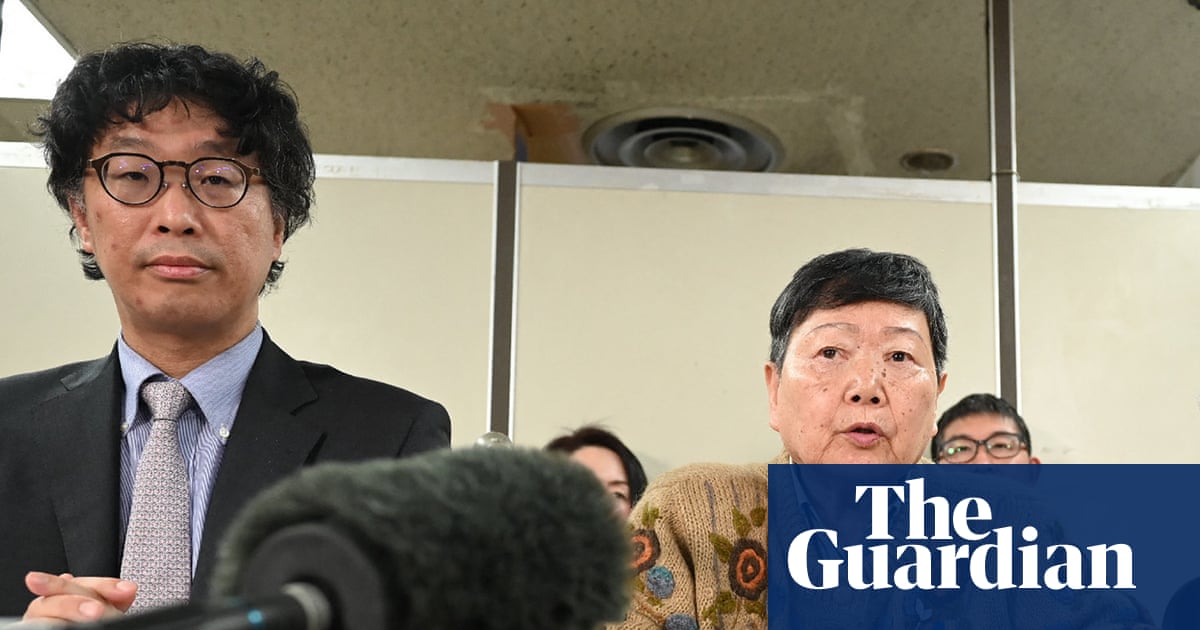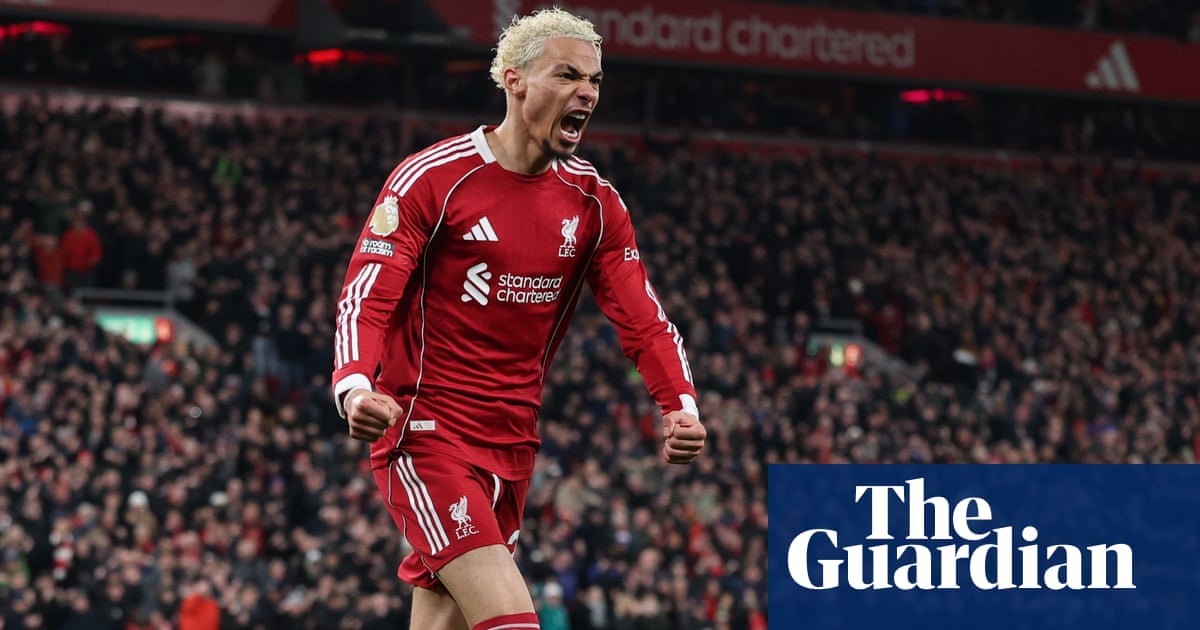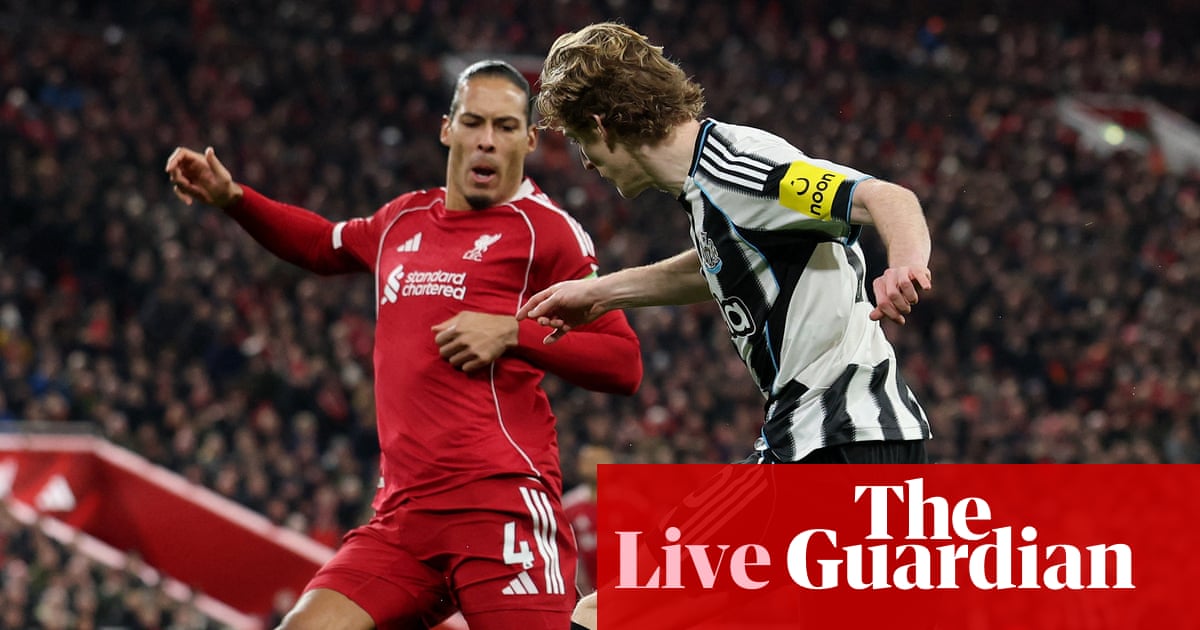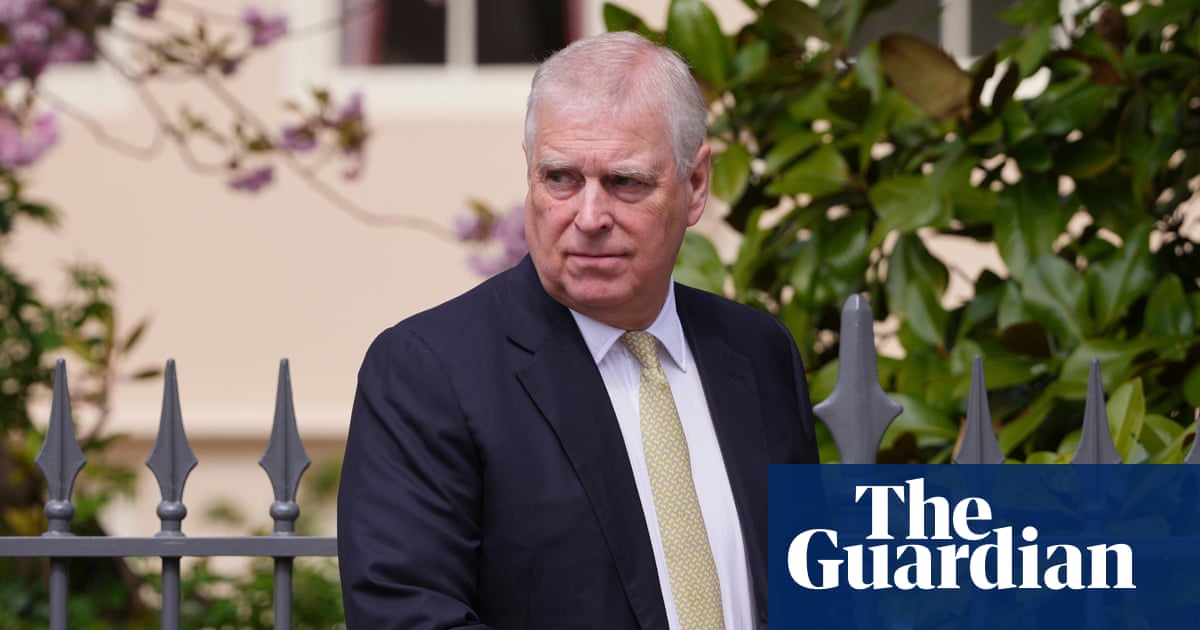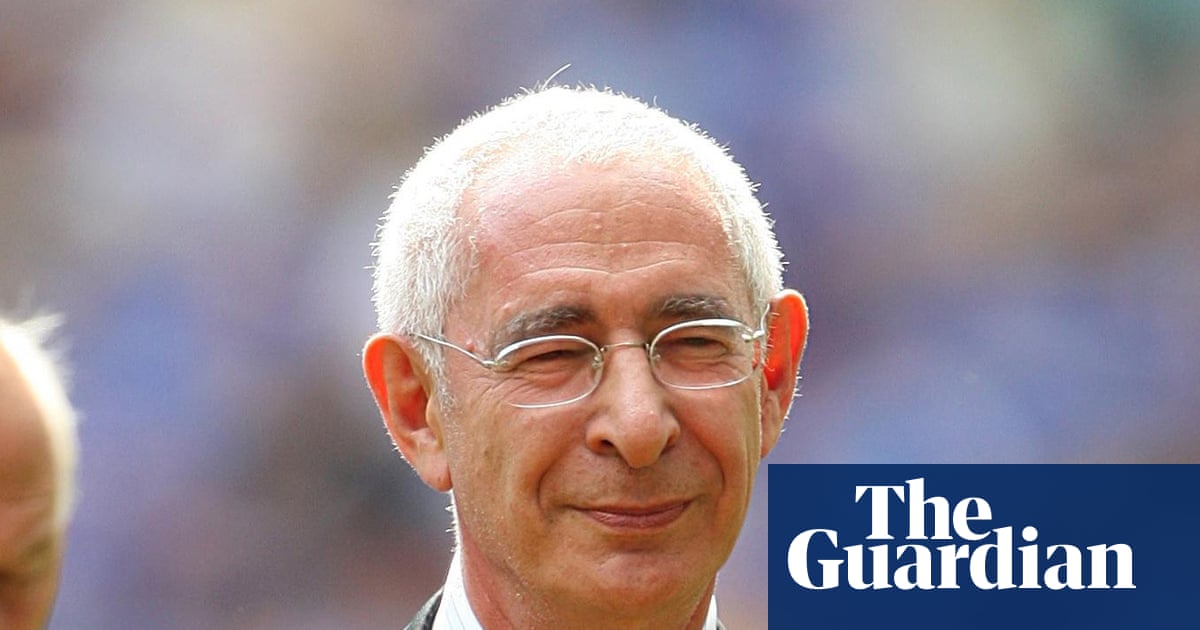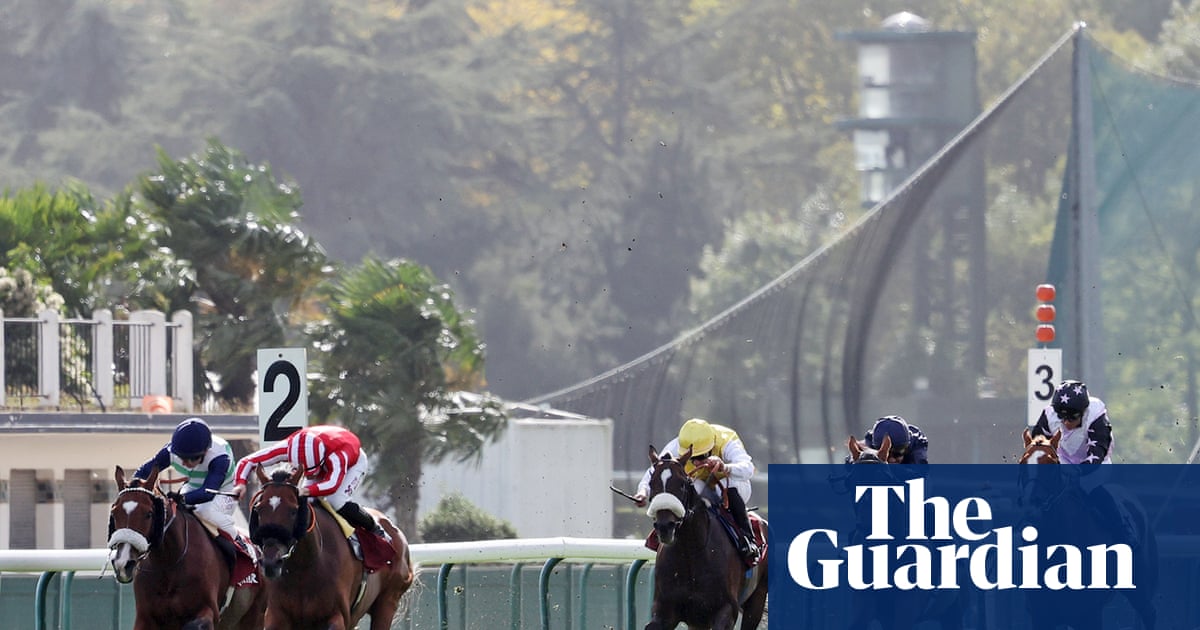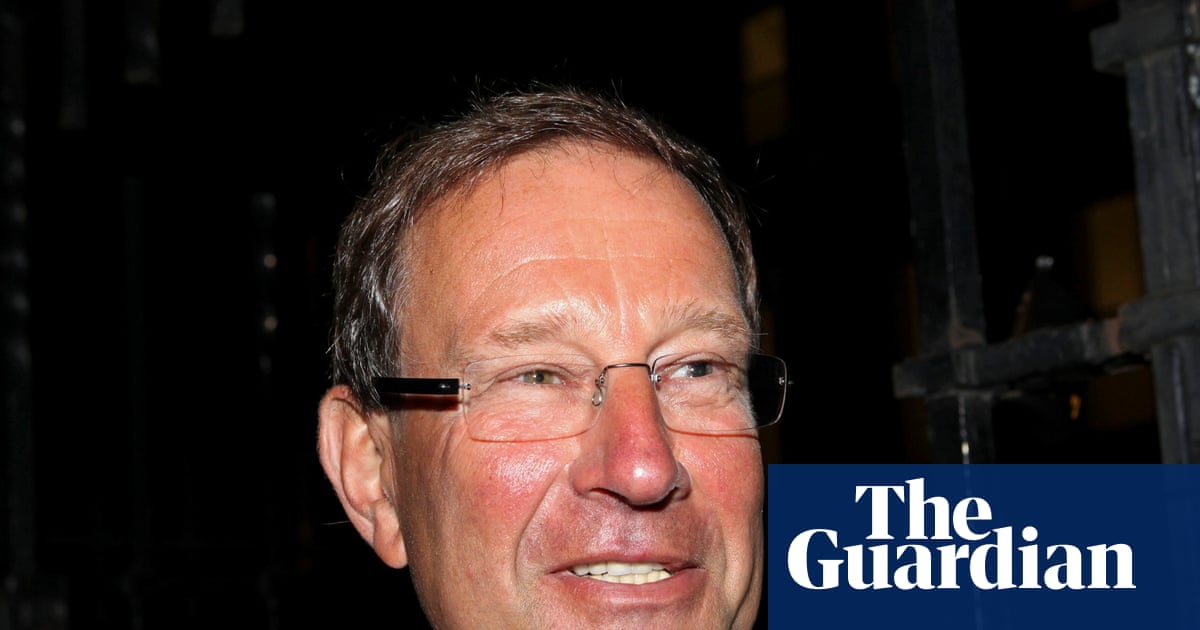Pushy and shouty parents are the “biggest problem in sports performance”, sports psychologists have said, amid growing concern that pressure and abuse is hampering competitive sport in the UK.
This week parents were banned from attending sports events at a number of south London primary schools due to “concerning behaviours”, including abuse towards officials and children and creating “too much pressure around performance and winning at all costs”.
In recent years, a number of schools have banned parents from attending sports days over bad behaviour, while growing levels of abuse from parents on the sidelines of grassroots football is discouraging people from refereeing.
“It’s the biggest problem in sports performance and it has been going on for years,” said Stephen Smith, the chair of the British Psychological Society’s sport and exercise psychology division.
“The level of abuse has only got worse. Behaviour has got worse. But it has been ignored and now we’re trying to put the genie back in the bottle, both in terms of the way that parents are putting pressure on their children, and the impact of poor behaviour and abuse that’s coming from the sidelines.”
Smith said intrusion from parents can make children “freeze up because of the pressure” and watching their parents shout abuse can have a hugely negative impact on a child.
Dr Matthew Cunliffe, a consultant and sport and exercise psychologist at the University of Greenwich, said: “There is definitely an element of unsportsmanlike conduct on the part of parents that we see quite regularly in sport these days.

“You see signs in the park on a Saturday morning saying: ‘Remember, it’s supposed to be fun. Treat the referees with respect. Try not to shout abuse at the other team.’ It is definitely a problem. But it’s hard to pinpoint the cause.”
Cunliffe said banning parents from events wasn’t the answer and allowing them to support their children in healthy competition was an important part of childhood.
“You’re depriving parents of that time where they’re seeing their children either struggle or succeed, watching them grow up and those developmental milestones,” he said. “Also as a child, your parents are who you look to in times of stress, they provide a lot of emotional support.
“Most of the well-established successful athletes that we have in this country, and worldwide, have had reasonably strong parental networks.”
Many of the world’s biggest sports stars have talked of how pressure from their parents helped push them towards success or, in some cases, pushed them too far.

The British tennis player Emma Raducanu has described her parents as “so pushy”, while the likes of Lewis Hamilton, Andy Murray, Tiger Woods and Serena and Venus Williams all had parents who coached them from a young age.
David Beckham has spoken about how his father’s strict training regime involved spending hours in the park practising every night, and being reduced to tears when he was shouted at for poor performances.
But he also said this had helped prepare him for the pressures of an international football career, reflecting that “all those moments where my dad was hard on me as a kid, there was a reason for it”.
Smith said it’s difficult to know whether pushy parents are a key ingredient of sporting success – “nobody really talks about how their parents didn’t put the pressure on” – and there can be negative consequences too.
“Sometimes the pressures come at a price. Lots of people made it as great sports stars but also went off the rails,” he said.
Cunliffe said that children with parents who are “consistent, responsive, warm, reliable” in their approach to training were likely to develop a secure attachment style that would give them confidence in their sport.
But when parents were inconsistent, or not very reassuring, children were more likely to become “anxiously attached” which often means craving approval and fearing rejection.
Cunliffe said: “Parents are there for the emotional support, the motivation, the encouragement, but it’s when they step over that line into coaching pressure that you get issues.”
Smith added there was an urgent need to address the role parents play in their children’s training when pursuing a career in sports, but despite people repeatedly raising the issue, no organisation has stepped forward to help.
“Who is supporting the parents of the talent? In terms of helping them to be involved, and support and develop their child in the right way. Everyone passes the buck to someone else,” he said.

 3 months ago
99
3 months ago
99







